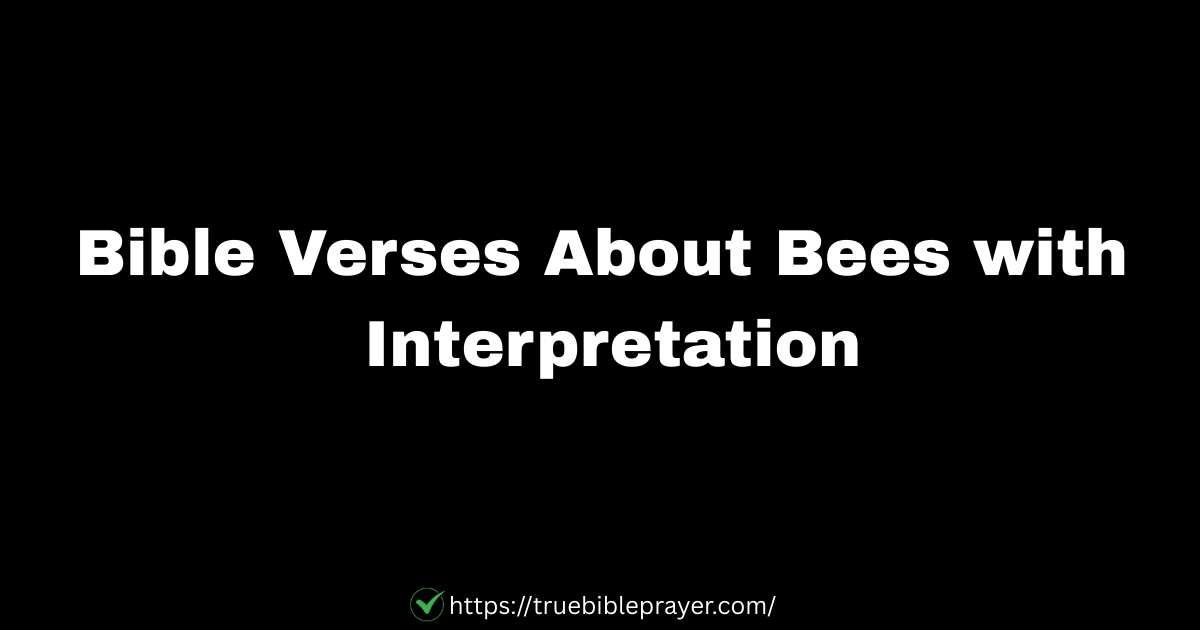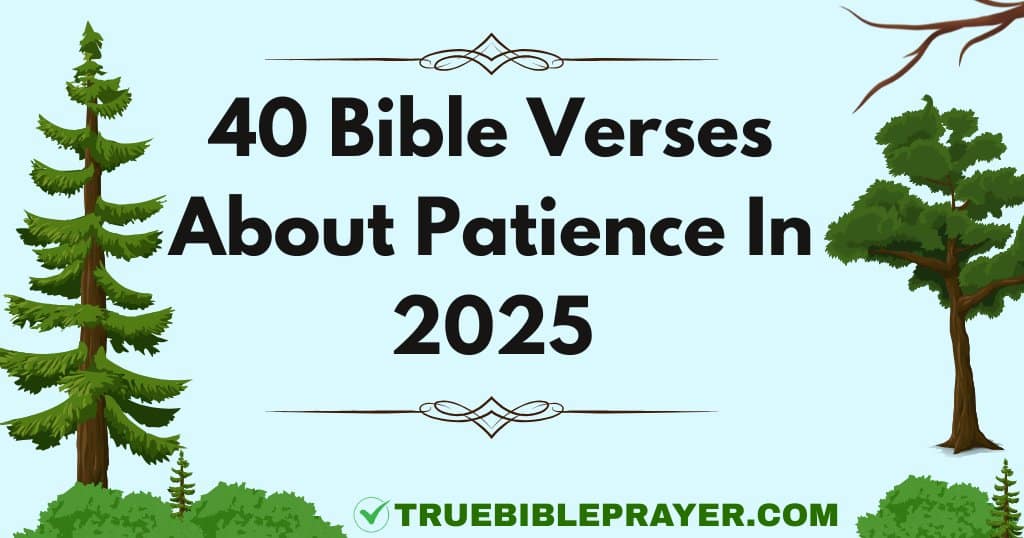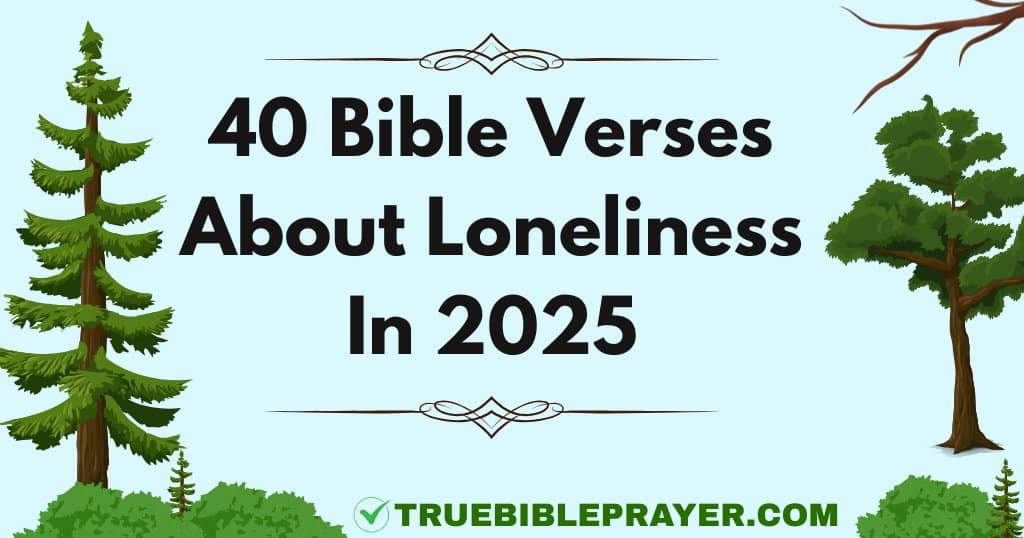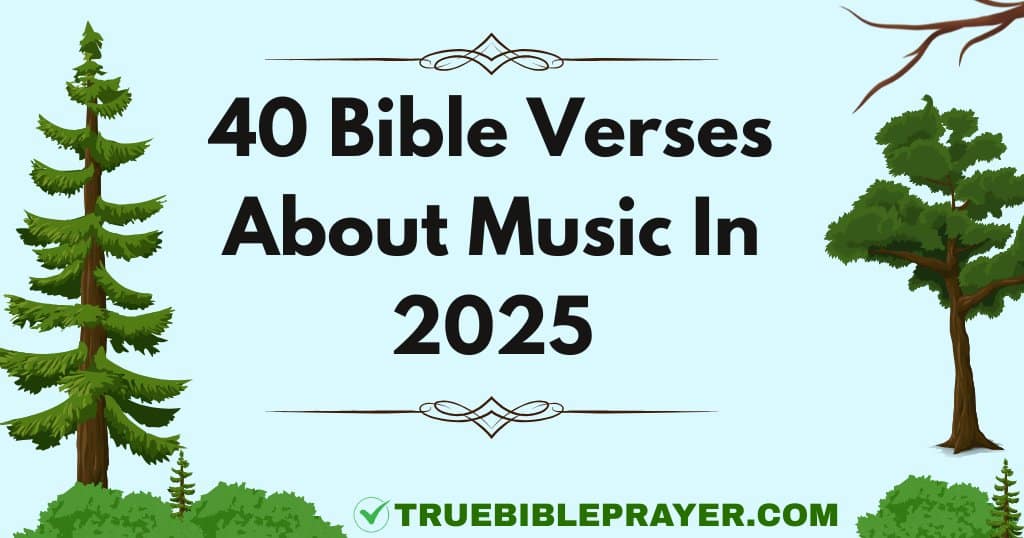Bees are flying insects known for their vital role in pollination and their ability to produce honey and beeswax. They belong to the order Hymenoptera and are part of the family Apidae.
There are over 20,000 species of bees, and they can be found all around the world. Bees are essential to ecosystems because they help fertilize plants, allowing them to produce fruit, seeds, and other plant materials. This process is crucial for food production and biodiversity.
In this article, you’ll explore profound insights from scripture, uncovering the symbolic significance of nature’s sweetness. You’ll gain deeper understanding through carefully selected verses and interpretations, offering you spiritual wisdom and nourishment.
what do bees represent in the bible
In the Bible, bees represent diligence, provision, and abundance. Bees work tirelessly to gather nectar, symbolizing the value of hard work and perseverance. In Proverbs 6:6, we are urged to learn from the ant and bee, emphasizing the importance of industriousness.
Bees also connect to the concept of God’s provision, especially in the phrase “a land flowing with milk and honey,” which represents prosperity and divine blessing. The sweetness of honey in the Bible often symbolizes the goodness of God’s Word, inviting us to reflect on the richness and nourishment found in His teachings. Through bees, the Bible teaches us lessons on community, purpose, and God’s care for His creation.
Verses About Bees in the Bible
1. Exodus 3:8
“So I have come down to rescue them from the hand of the Egyptians and to bring them up out of that land into a good and spacious land, a land flowing with milk and honey…” Description:
This verse references God’s promise to the Israelites, emphasizing the land flowing with milk and honey.
Interpretation:
The phrase “land flowing with milk and honey” is often seen as a metaphor for abundant blessings, a fertile land filled with prosperity. Bees play a crucial role in this symbolism as honey represents sweetness, nourishment, and the promise of a better future, aligning with God’s divine provision for His people.
2. Deuteronomy 6:3
“Hear, O Israel, and be careful to obey so that it may go well with you and that you may increase greatly in a land flowing with milk and honey, just as the Lord, the God of your ancestors, promised you.” Description:
This verse reiterates God’s promise of abundance to the Israelites.
Interpretation:
The promise of a land “flowing with milk and honey” reflects God’s favor and provision. The bees’ role in producing honey symbolizes the richness of God’s blessings, ensuring that His people will thrive in the land He gives them.
3. Deuteronomy 8:8
“A land with wheat and barley, vines and fig trees, pomegranates, olive oil and honey.”
Description:
Here, the land promised to the Israelites is described in terms of its fertility and wealth.
Interpretation:
The mention of honey emphasizes the land’s abundance and the sustenance that God provides. Bees are naturally associated with honey, symbolizing God’s care and the richness of His gifts to His people.
4. Judges 14:8-9
“Some time later, when he went back to marry her, Samson turned aside to look at the lion’s carcass, and in it he saw a swarm of bees and some honey. He scooped out the honey with his hands and ate as he went along.” Description:
Samson encounters bees producing honey in a lion’s carcass, which leads to a significant riddle.
Interpretation:
This surprising scene teaches us that God’s wisdom and provision can be found in unexpected places. Bees, in this instance, represent the sweetness of life’s rewards even in the midst of challenges, revealing deeper spiritual truths through seemingly ordinary events.
5. Psalm 81:16
“But you would be fed with the finest of wheat; with honey from the rock I would satisfy you.”
Description:
This verse expresses God’s promise of provision, including honey from the rock.
Interpretation:
The imagery of honey from the rock signifies God’s ability to provide even in the most unlikely circumstances. Just as bees produce honey from flowers, God can bring sweetness and sustenance from the hardest of situations.
6. Proverbs 24:13
“Eat honey, my son, for it is good; honey from the comb is sweet to your taste.”
Description:
This verse encourages enjoyment of the sweetness of honey, metaphorically associated with wisdom.
Interpretation:
Honey here symbolizes the goodness and sweetness of wisdom, urging the reader to savor the truth of God’s Word. Bees’ diligent work in producing honey mirrors the effort needed to obtain wisdom and understanding.
7. Proverbs 16:24
“Gracious words are a honeycomb, sweet to the soul and healing to the bones.”
Description:
This verse compares gracious words to honey, highlighting their sweetness and healing nature.
Interpretation:
Just as honey from bees nourishes the body, gracious words nourish the soul. The verse suggests that the sweetness of God’s Word and the care we extend to others bring healing and peace, much like the honey produced by bees.
8. Isaiah 7:15
“He will be eating curds and honey when he knows enough to reject the wrong and choose the right.”
Description:
This verse is part of a prophecy about the coming Messiah, where honey is mentioned as part of the sustenance.
Interpretation:
Honey in this context symbolizes purity, nourishment, and spiritual maturity. Just as bees gather nectar to create honey, God’s Word nurtures believers into maturity, allowing them to discern good from evil.
9. Matthew 3:4
“John’s clothes were made of camel’s hair, and he had a leather belt around his waist. His food was locusts and wild honey.”
Description:
John the Baptist’s diet included wild honey, which is significant in the context of his prophetic ministry.
Interpretation:
The wild honey represents a natural, pure source of sustenance, aligning with John’s call to repentance and return to purity. Bees’ honey, in this sense, symbolizes simplicity, truth, and spiritual nourishment.
10. Revelation 10:9-10
“So I went to the angel and asked him to give me the little scroll. He said to me, ‘Take it and eat it. It will turn your stomach sour, but in your mouth it will be as sweet as honey.’”
Description:
The prophet is instructed to eat a scroll that will taste sweet but be bitter in the stomach.
Interpretation:
The sweetness of the scroll represents the initial joy and truth found in God’s Word, while the bitterness represents the difficulty and challenges that may follow. Like honey, God’s truth can be both sweet and challenging, requiring wisdom to fully embrace.
More Bible Verses About Bees
11. Exodus 23:28
“I will send the hornet ahead of you to drive the Hivites, Canaanites and Hittites out of your way.”
Description:
This verse speaks of God’s divine intervention to clear the path for the Israelites, symbolized by the hornet.
Interpretation:
The hornet, like bees, is a symbol of God’s active involvement in clearing obstacles. Though bees are known for their stings, they also demonstrate how God’s action can help remove dangers from our lives.
12. Deuteronomy 32:13
“He made him ride on the heights of the land and fed him with the fruit of the fields. He nourished him with honey from the rock, and with oil from the flinty crag.”
Description:
This verse describes God’s provision of honey, nourishing His people in miraculous ways.
Interpretation:
The “honey from the rock” is a metaphor for God’s unexpected and abundant provisions. Bees serve as a natural reminder of God’s ability to provide for His people, even in the hardest of circumstances.
13. Judges 14:14
“Out of the eater, something to eat; out of the strong, something sweet.”
Description:
This famous riddle refers to the honey found in the lion’s carcass.
Interpretation:
The verse speaks to the unexpected sweetness that can emerge from difficult situations. Just as bees create honey from flowers, God can bring forth goodness and blessings even from the harshest circumstances.
14. Psalm 19:10
“They are more precious than gold, than much pure gold; they are sweeter than honey, than honey from the honeycomb.”
Description:
This verse praises the value and sweetness of God’s commands, likening them to honey.
Interpretation:
Honey here symbolizes the sweetness of God’s Word, which nourishes and enriches the soul. Just as bees carefully craft honey, God’s Word provides spiritual nourishment and wisdom to those who seek it.
15. Proverbs 3:10
“Then your barns will be filled to overflowing, and your vats will brim over with new wine.”
Description:
This verse promises blessings for those who honor God with their wealth and actions.
Interpretation:
The overflowing barns symbolize God’s abundant provision. Like the work of bees creating honey, God’s blessings overflow into every area of life when we honor Him.
16. Song of Songs 4:11
“Your lips drop sweetness as the honeycomb, my bride; milk and honey are under your tongue. The fragrance of your garments is like that of Lebanon.”
Description:
This verse compares the beloved’s lips to the sweetness of honey, evoking beauty and allure.
Interpretation:
Honey in this context symbolizes the sweetness and love of the relationship, just as bees work tirelessly to create sweetness in nature. The verse reminds us of the nourishing power of love and devotion, much like the bees’ diligent work.
17. Proverbs 25:16
“If you find honey, eat just enough—too much of it, and you will vomit.”
Description:
This verse provides wisdom about moderation in enjoying sweet things like honey.
Interpretation:
Honey symbolizes the goodness of life, but the verse warns against excess. Just as bees collect nectar in moderation, we must also enjoy God’s blessings in balance, avoiding greed and overindulgence.
18. Ezekiel 3:3
“Then he said to me, ‘Son of man, eat this scroll I am giving you and fill your stomach with it.’ So I ate it, and it tasted as sweet as honey in my mouth.”
Description:
Ezekiel consumes the scroll, which is as sweet as honey, symbolizing the reception of God’s message.
Interpretation:
The sweetness of honey reflects the initial joy of receiving God’s Word. Just as bees labor to create sweetness, the believer must work to digest and apply God’s teachings.
19. 2 Samuel 17:29
“Honey and curds, sheep, and cheese from cow’s milk, for David and the people with him to eat.”
Description:
This verse describes the food prepared for David’s troops, including honey.
Interpretation:
Honey here represents nourishment and provision. Just as bees work diligently to produce honey, God provides for His people, ensuring they are sustained in their battles.
20. Matthew 4:4
“Jesus answered, ‘It is written: Man shall not live on bread alone, but on every word that comes from the mouth of God.'”
Description:
This verse emphasizes the importance of spiritual nourishment from God’s Word.
Interpretation:
While bread sustains the body, the sweetness of God’s Word nourishes the soul. Just as bees work to produce honey, we must seek and cherish God’s Word for our spiritual well-being.
Each of these verses illustrates how bees, through their role in producing honey, symbolize God’s provision, sweetness, and the abundant life He promises. The bee’s diligent work reminds us of the importance of hard work, wisdom, and reliance on God’s care.




